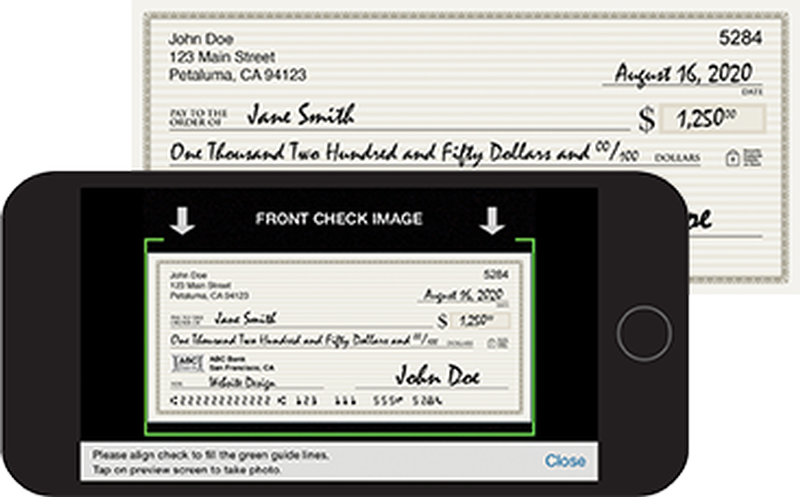Managing and Monitoring College Students’ Finances from Afar
College is a time for kids to spread their wings and gain independence. Meanwhile, parents struggle to balance kids’ desire for autonomy with the potential pitfalls if they unknowingly taking that freedom a bit too far.
College students face a barrage of financial decisions previously made by their parents: What should I do for dinner? Eat at the campus dining hall? Order pizza? Get fast food with friends? Should I get a morning latte today or every day? Is the latest fad trending on TikTok a scam or worth the money? Without any oversight or controls in place, many students quickly overdraw their checking accounts or run up credit card debt.
Here are a few safeguards you can implement to help your kids successfully gain their financial freedom:
Open a Joint Bank Account
Whether checking or savings, a joint account at your hometown bank allows you to easily monitor kids’ spending and account balances from afar. Many families do this during kids’ teen years. It’s an essential tool on a gradual path to complete financial independence. Both account holders will be responsible for overdraft fees, so be sure to keep regular tabs on the account balance. When your kids are ready, you can be dropped as an account holder.
Leverage Digital Banking Features
Take advantage of banks’ online and mobile banking platforms, which are accessible to both account holders and enable college students to keep their accounts at their hometown bank. These apps generally include email and text alerts when account balances are low or overdrawn, and personal financial management tools for budgeting and tracking expenses. Mobile deposit capabilities make it convenient for kids away from home to deposit checks, too.
Provide Money at Regular Intervals
Rather than sending money via Venmo whenever you get an SOS text, transfer money from your bank account to the joint account at regular intervals, whether monthly or every other week. And while hard, don’t deviate from the schedule unless it’s an emergency. This will teach your kids to budget their money and make choices that ensure their money lasts until the next infusion. For the most seamless transfers, the joint account should be opened with the bank where your accounts are held. There’s no need to open an account at a bank close to campus.
Enroll in Automated Overdraft Protection
Most banks have automated overdraft account transfer protection programs, which transfer money from one account with sufficient funds to an overdrawn account automatically. There’s generally a charge for the automated transfers but it’s minimal compared to overdraft fees of $30-35 per purchase that the bank covers.
With some pre-planning and diligence from both kids and parents, college students can successfully step into financial independence with confidence and little parental oversight.
Karen Ramola is Vice President of Retail Banking at New Market Bank. A fourth-generation community banker, Karen oversees New Market Bank’s three branches and is responsible for consumer banking products and services.







